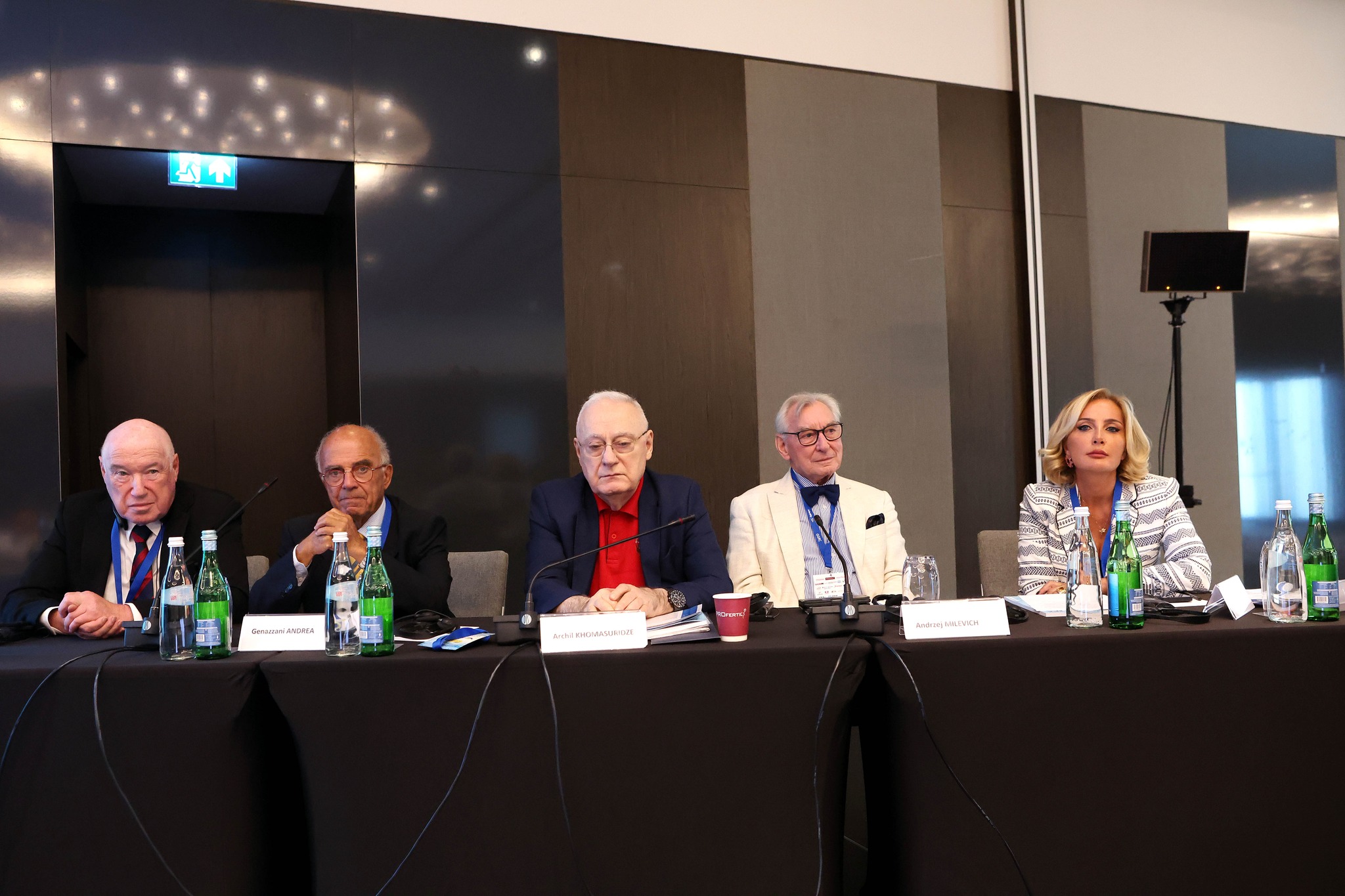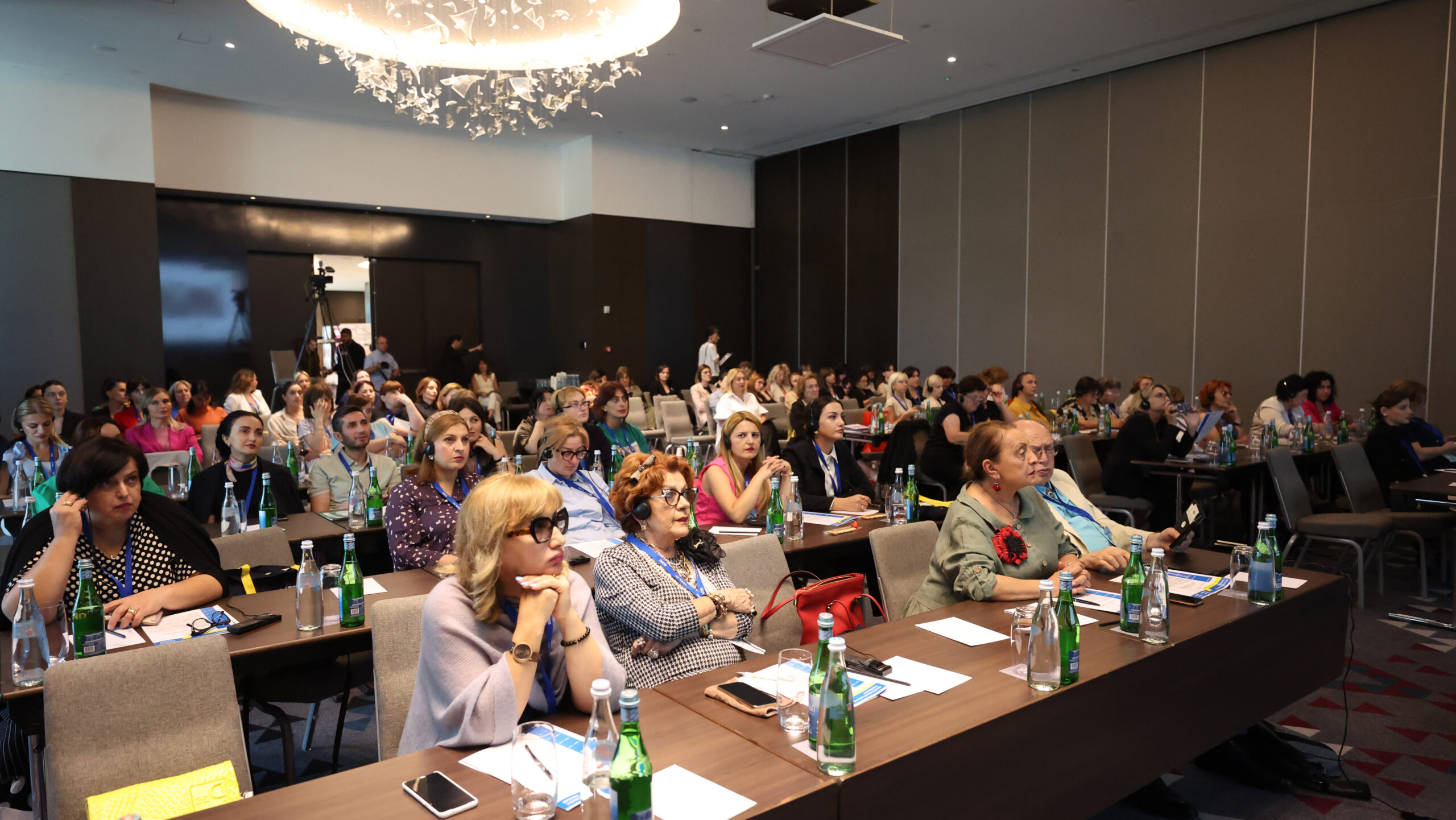

Georgian Association of Oncofertility is an application to ensure high quality of life extension, reproduction and fertility after cancer.
We address the complex health care and quality of life issues affecting cancer patients whose fertility may be compromised by the disease or its treatment.
The association is a national, interdisciplinary and interprofessional consolidation of medical specialists, scientists and representatives of related fields who study the connections between health, disease, survival and preservation of fertility in patients. We will help the field address the complex fertility issues faced by patients with cancer and other serious illnesses.
The history of human reproductive medicine in Georgia dates back to 1958, when Professor Ioseb Jordania founded the Institute of Female Physiology and Pathology in Tbilisi. It was the first institution in the world that worked on the problem of infertility, so Professor Jordania was ahead of his time. For 21 years, the Jordania Institute was the only reproductive medical institution in the world. Ioseb Jordania is the first Georgian gynecologist in the world, who together with his colleagues studied birth anomalies, causes of male and female infertility and other pathologies.

Professor Archil Khomasuridze, President of the Reproductive Health Association of Georgia, Head of the Department of Reproducology and Obstetrics-Gynecology of the Faculty of Medicine of Tbilisi State University, member of the International Academy of Reproducologists, academician of the Academie of Natural Sciences, Medical-Biology and Medical-Social Sciences. The founder of the field of reproduction in Georgia.
His name is associated with a number of progressive initiatives in Georgian medicine – introduction of contraception, laparoscopic operations, in-vitro fertilization technologies and many others. The first “test tube baby” was born in Georgia 26 years ago with the help of Archil Khomasuridze.

With the efforts of Professor Archil Khomasuridze and his comrades, since 1997, Georgia has become the first country in the world, where reproductive medicine was officially established as an independent medical discipline. A network of reproductive services was created across the country, certification and licensing of doctors and medical institutions in reproductive medicine began. The first specialized council for the defense of theses in reproductology was created and started its work, the publication of the journal “Reproductology” was started. The first in history reproductive department in University was founded, which is headed by Prof. A. Khomasuridze.
Georgian Oncofertility Association and scientific conference “Infertility 35+” is the continuation of this great work.

In Georgia, against the backdrop of the growing development of reproductive medicine, the first conference and Workshop was held in 2019 by the Georgian-German Reproductive Center. Our history counts 5 years and this time for the first time it will be held under the auspices of the Georgian Oncofertility Association and traditionally organized by the Georgian-German Reproductive Center.
We cordially invite and welcome everyone who wishes to join the 5th International Scientific Conference-Workshop on Reproductive Health, Embryology and Fertility.

Professor Ioseb Zhordania began his distinguished career by heading the Departments of Obstetrics and Gynecology at the Kuibyshev and Moscow Institutes for the Advanced Training of Doctors. Later, he was appointed Chief Gynecologist of the Red Army with the rank of Colonel — overseeing the only gynecological service ever established within a military structure, serving a force of 8,000 women. Yet, his most significant achievements awaited him in his homeland.
In 1958, Professor Zhordania founded the first scientific-research institute in Europe dedicated exclusively to the physiology and pathology of women, located in Tbilisi. Following his death, the institute was renamed the Ioseb Zhordania Institute of Human Reproduction. He pioneered theoretical and practical approaches to infertility research and developed a national strategy for combating infertility.

Tragically, Professor Zhordania’s life was cut short during an aviation accident at Galeão Airport in Rio de Janeiro. As a “Douglas” aircraft prepared for takeoff, the pilot lost control of the plane’s nose. Despite an emergency maneuver, the aircraft crashed into the airport wall, crossed an adjacent runway, and plunged into the ocean. The accident claimed 15 lives — one crew member and 14 passengers — among them, Professor Zhordania, a leading figure in gynecology and reproductive medicine.
Although life vests were available for all registered passengers, an unregistered child was discovered on board without a vest. Demonstrating extraordinary courage and compassion, Professor Zhordania gave the child his own life vest. Lacking swimming skills himself, he was unable to reach the shore. Just as he had selflessly dedicated his life to the well-being of his patients, he made the ultimate sacrifice, passing away heroically at the age of 67.
